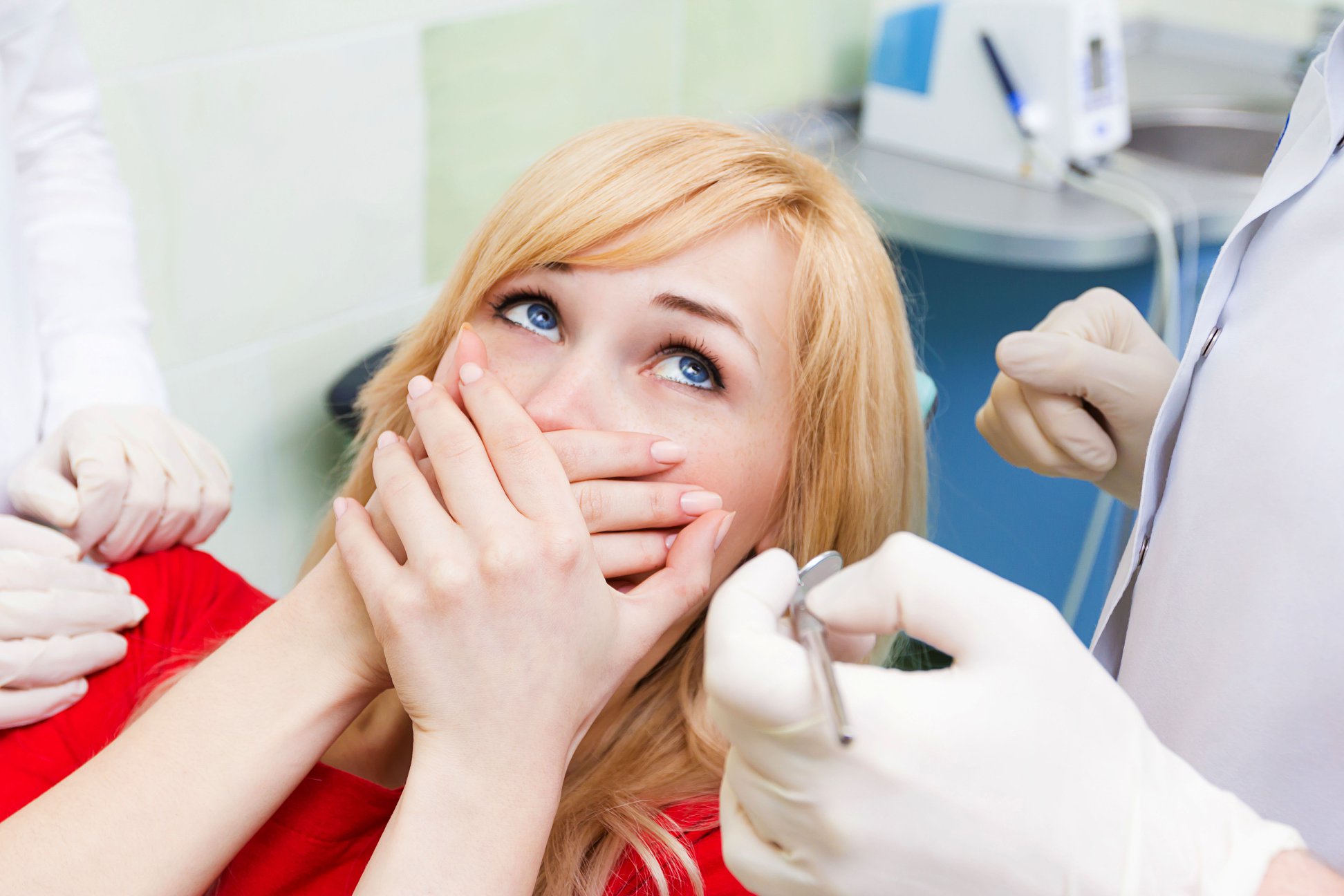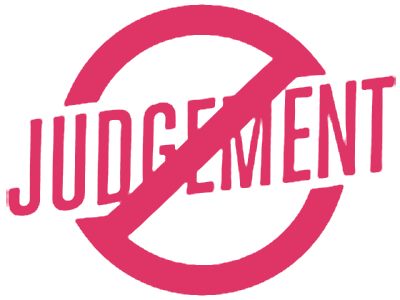Fear of the Dentist – What To Expect for A First Visit
Are you afraid of the dentist?

“I hate you.” Uttered the burly man built like a professional wrestler, as he sat on the dental chair, staring at the dentist with arms folded across his chest, a hostile expression on his face and a glint in his eye. Had I perchance previously dealt him a mortal insult unknowingly?
This sort of heartfelt greeting is something that we dentists are occasionally on the receiving end of. The first couple of times I experienced this it bothered me for sure. I mean, how would you feel about someone whom you had never before seen in your life hating you for something you have not yet done?
However, most dentists are professional enough to not take such passionate expressions of intense dislike too much to heart. This is because we understand why people behave like that.
Why Do People Say Such Hurtful Things?
Usually upon gentle questioning, I often find out that it is not so much hatred that they are expressing, but fear of the dentist.
We know that people fear the dentist. It is a common theme in movies and gag jokes where dentists are portrayed as fearsome and sinister – all out to rip out your teeth without a hint of remorse!
Heck, there’s even a children’s book based on dental fear called the Demon Dentist!

It’s all very well to laugh about it, but it’s not so funny when you have to deal with dental fear, both for the fearful patient and for myself. To deal with dental phobia, we often need to understand the root causes (pun intended!).
Some of my patients have had traumatic dental experiences as children. Perhaps they had a bad tooth extracted while kicking and screaming. They could also have been treated roughly or without compassion. That sort of bad memory and fear of the dentist tends to get ingrained in the psyche when it happens during the child’s formative ages.
Occasionally, parents do complicate matters by threatening their children to ask the dentist to pull all their teeth out if they were naughty. I hope your parents did not do that.
These phobic patients often do not visit the dentist until they are in pain!
Is It Actually The Dentist that You Hate?
Most people don’t actually hate the dentist specifically, but they hate the service that we represent.
They hate the feeling of helplessness that they have limited better alternatives than to come here to a place they do not want to be. That tooth with a hole that was not dealt with early is now giving them a splitting headache, and their cheek is now swollen with pus & the size of a mango.
They hate the loss of control they perceive as we check and move instruments around in their mouth, one of the most intimate and private spaces in the human body.
People hate us having to tell them sometimes that they may need an injection (who likes injections anyway?) so that we may deal with the problem in the way that would minimize the amount of pain they would feel.
“The more the dentist checks, the more problems they find!” is a common refrain contributing to this fear of the dentist.
Some people are anxious by nature and feel afraid to find out about dental problems they may have, as it makes them think about it constantly and get increasingly nervous. In such cases, we fear for such people as often problems that are simple may not be spotted early and treated to the point that they become serious.
Dental problems that are spotted and dealt with early often do not give pain!
Embarrassment is another big factor for some people. They are afraid of being told off for not maintaining their teeth well, or afraid and nervous about being lectured. It is true that in the past, dentists and doctors were more paternalistic and bossy. The vast majority now are more service-oriented and friendly.

Dealing with Dental Fear
Are you afraid of the dentist? Do you feel scared the moment you walk into the dental treatment room?
You know what? Dentists understand your fears. The reality of it is that we take no pleasure in the suffering of others. I am here to help. It often helps when you know what is going to happen so that you don’t feel as helpless. That can help a lot with alleviating dental phobia.

What to Expect From a Dentist Visit
Every treatment starts with diagnosis. We would first need to examine your teeth visually and occasionally do checks by doing various tests as needed especially on teeth that are giving you problems.
These tests may include gentle tapping on your teeth and asking you to bite. X-rays may be taken to check for hidden problems. The procedure for taking x-rays is similar to a photoshoot.
You will be informed beforehand as to what we are going to do, and we will only carry out the treatment with your consent.
Dentists will normally offer you various treatment options for your problems with varying time-frames and costs. My job is to explain the pros and cons of each choice to you, including the short and long-term costs and expected results. You decide what is right and comfortable for you.
If you are in pain, the first priority for a dentist is normally to get you out of the immediate pain once we have collected enough information regarding the problem. This may include medication. In some cases where medication alone is unlikely to solve the problem, we would inform you as to the recommended steps.
But I'm Not Sure What I Want to Do!

If you need more time to make a decision, you can always let your dentist know! You need not feel compelled into making a decision immediately. If you usually check with a trusted friend or family member, it would be good to have them accompany you for the visit so that they can listen to the suggestions as well.
At the end of your visit, we would normally arrange the appropriate follow-up for you either for the next stage of your treatment or for your regular check-up.
Dental problems are relatively simple and inexpensive to treat when caught early. The longer you wait, the worse problems get and the solutions get increasingly complicated and costly.
The recommended interval between visits is usually six months on average, which can be shorter for people at high risk of problems and longer for people with low risk in general. That is a fairly reasonable time for cavities to develop or for existing problems to worsen.
The Dentist Will Not Judge You

Lastly, we will not judge you for your dental problems. Like myself, many dentists have gone through various postings in different places, hospitals and even overseas outreach / mission trips.
We have seen and provided our help to people of a huge spectrum of varying socio-economic groups, both with pristine teeth and those who have little but the roots of their teeth remaining.
We are used to seeing big decays in teeth, rotted root bits, infected gum boils with pus and terribly shaky teeth. Bad breath is frequently a side effect of this.
Do not be afraid! We are here to help you. The important part is that you decide to take the first step in improving your dental health when you step through the doors of the dental clinic. You are now here to take responsibility for yourself. We welcome you!
So, when was your last dental checkup? 🙂
